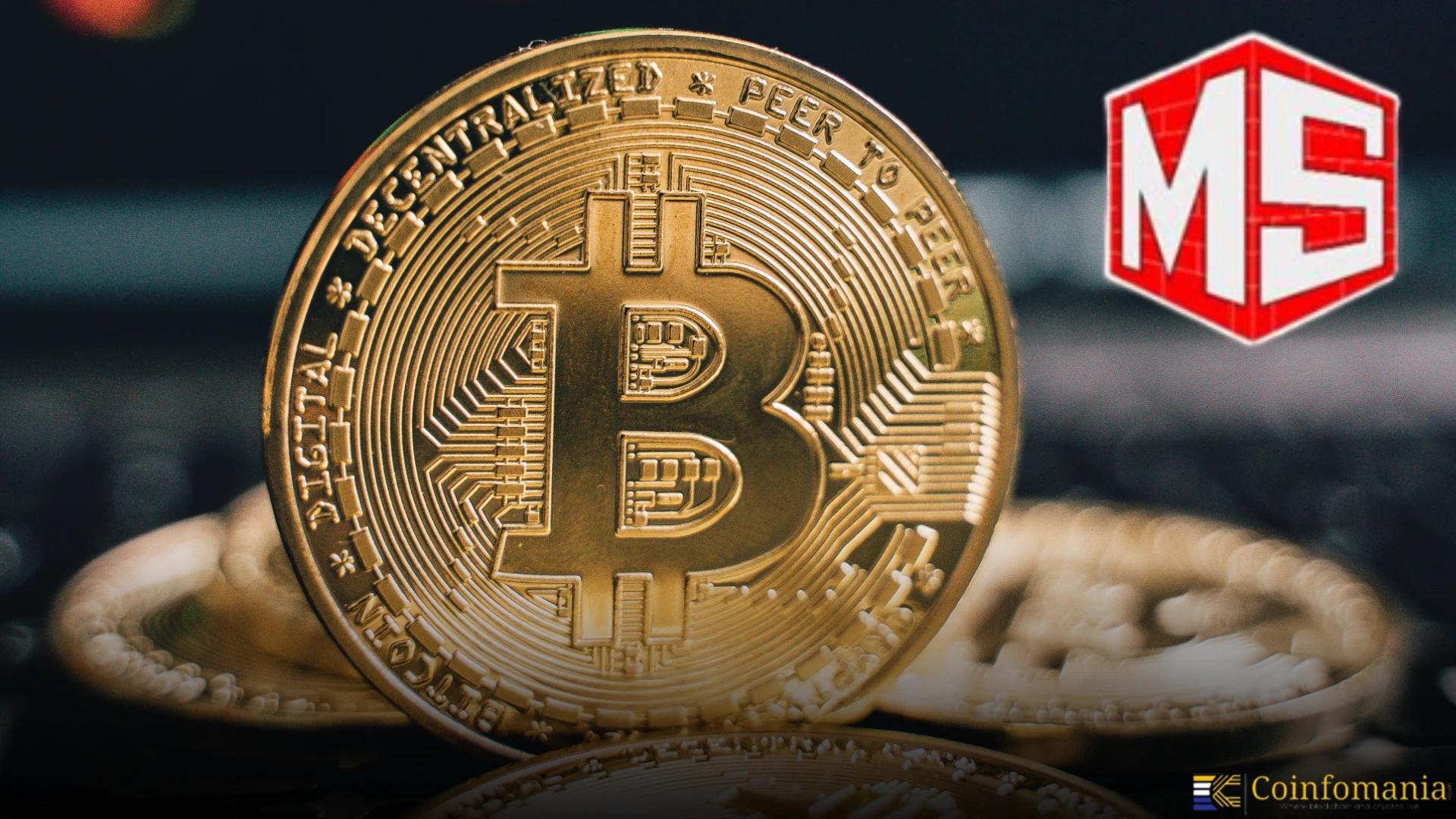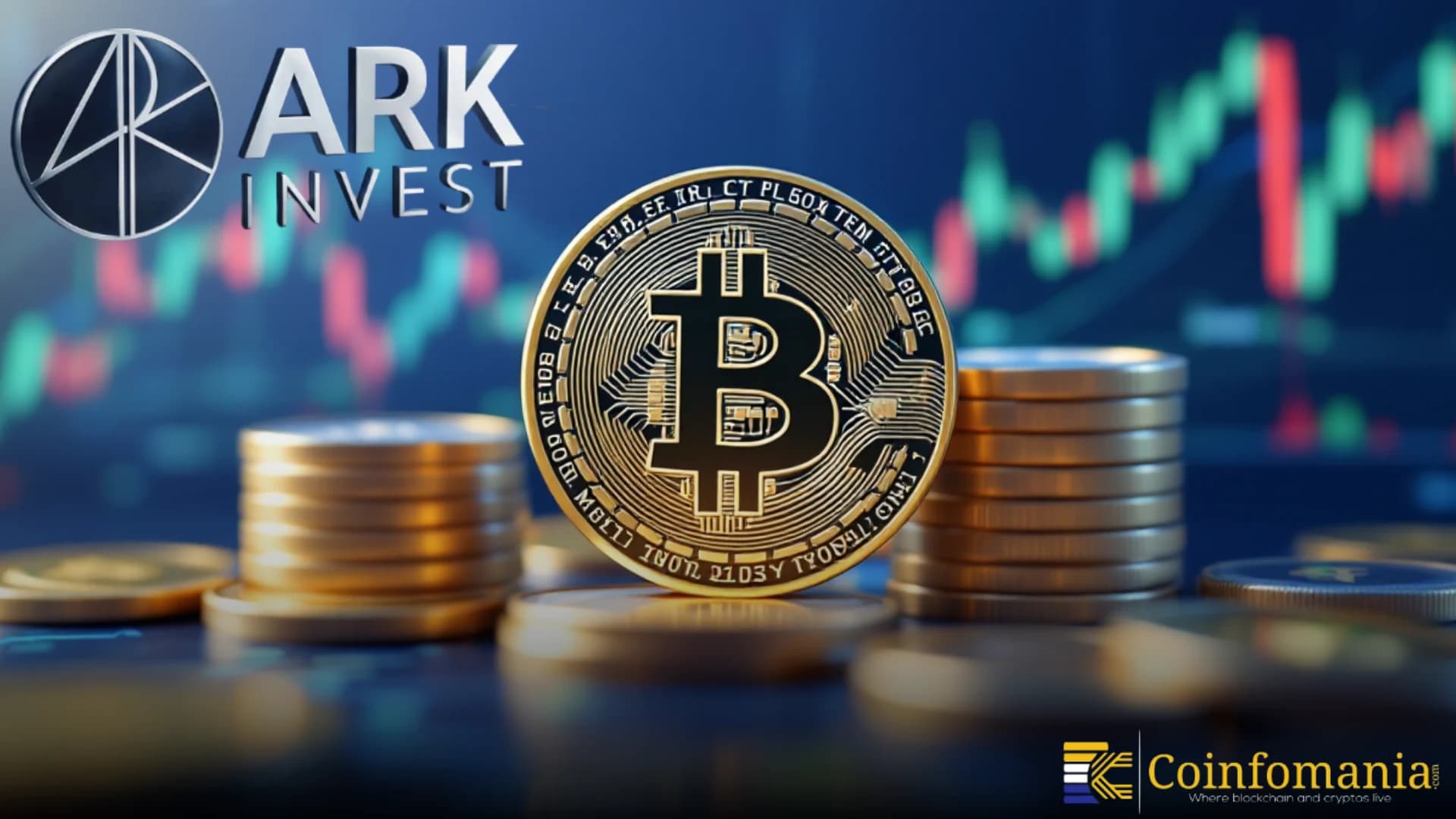Ming Shing Group Makes $483 Million Bet for Bitcoin Treasury
Ming Shing Group shifts from construction to crypto with a $483M Bitcoin treasury purchase, raising questions about risks, future strategy

Quick Take
Summary is AI generated, newsroom reviewed.
Ming Shing invests $483M in Bitcoin, shifting from construction focus
Company financed purchase through convertible notes and long-term warrants
Management sees Bitcoin as liquid, appreciating, and balance-sheet strengthening
Risks include debt strain, heavy shareholder dilution, and Bitcoin volatility
Upside could attract crypto investors but alienate traditional cautious backers
Ming Shing Group just made a pretty bold move. The company is putting nearly half a billion dollars into a Bitcoin Treasury, buying 4,250 BTC at an average of about $113,600 per coin. That’s $482.96 million in total, an enormous number for a firm that, until now, was mainly in the construction business. It’s a sharp turn into Digital Asset territory, and the way they financed it is where things get interesting.
Financing with Convertible Notes and Warrants
Instead of using cash, Ming Shing is leaning on Convertible Notes and long-term warrants. Two notes worth $241.48 million each carry a modest 3% annual interest and can be converted into shares at $1.20 apiece. The warrants allow investors to buy over 201 million shares at $1.25 within 12 years. Structurally, this avoids an immediate cash drain, but it opens the door to significant Shareholder Dilution if those instruments are exercised. For a company with a Market Cap of only about $21 million today, the contrast is hard to ignore.
Why the Company is creating a Bitcoin Treasury
The rationale from management is straightforward: Bitcoin is liquid, it could appreciate over time, and adding it strengthens the company’s assets. They’re not wrong about the broader corporate trend either. Ming Shing now joins more than 160 public companies that have put Bitcoin in their treasuries. The most famous example is MicroStrategy, with a massive 629,000 BTC, now worth north of $70 billion. Hong Kong has also been warming up to crypto. Seven listed firms already hold Bitcoin, and the city has recently rolled out clearer rules and even ETFs.
Risks of Debt, Dilution, and Volatility
Still, the risks here are obvious. Ming Shing posted a negative EBITDA of $5.2 million last year, which means debt servicing could be a real strain. Add in the potential flood of new shares if the Convertible Notes and warrants convert, and existing investors might see their stakes diluted heavily. There’s also the mismatch between long-term debt obligations and the volatility of Bitcoin treasury, which can swing by double digits in a single month.
Potential Upside of Bitcoin Treasury
The potential upside is that Ming Shing could reposition itself away from the cyclical construction business and into a more liquid, growth-oriented space. The bet may also catch the attention of crypto-focused investors who want exposure to a smaller-cap stock tied to Bitcoin treasury. But traditional investors could see it as too speculative, given the leverage and balance-sheet volatility that comes with tying so much of the business to a Digital Asset.
Whether this ends up being visionary or reckless probably depends less on Ming Shing itself and more on where Bitcoin goes over the next decade. What’s clear is that this isn’t just about a balance sheet adjustment. It’s a signal that the Digital Asset playbook is spreading beyond tech firms and into sectors you wouldn’t expect.
Follow us on Google News
Get the latest crypto insights and updates.


